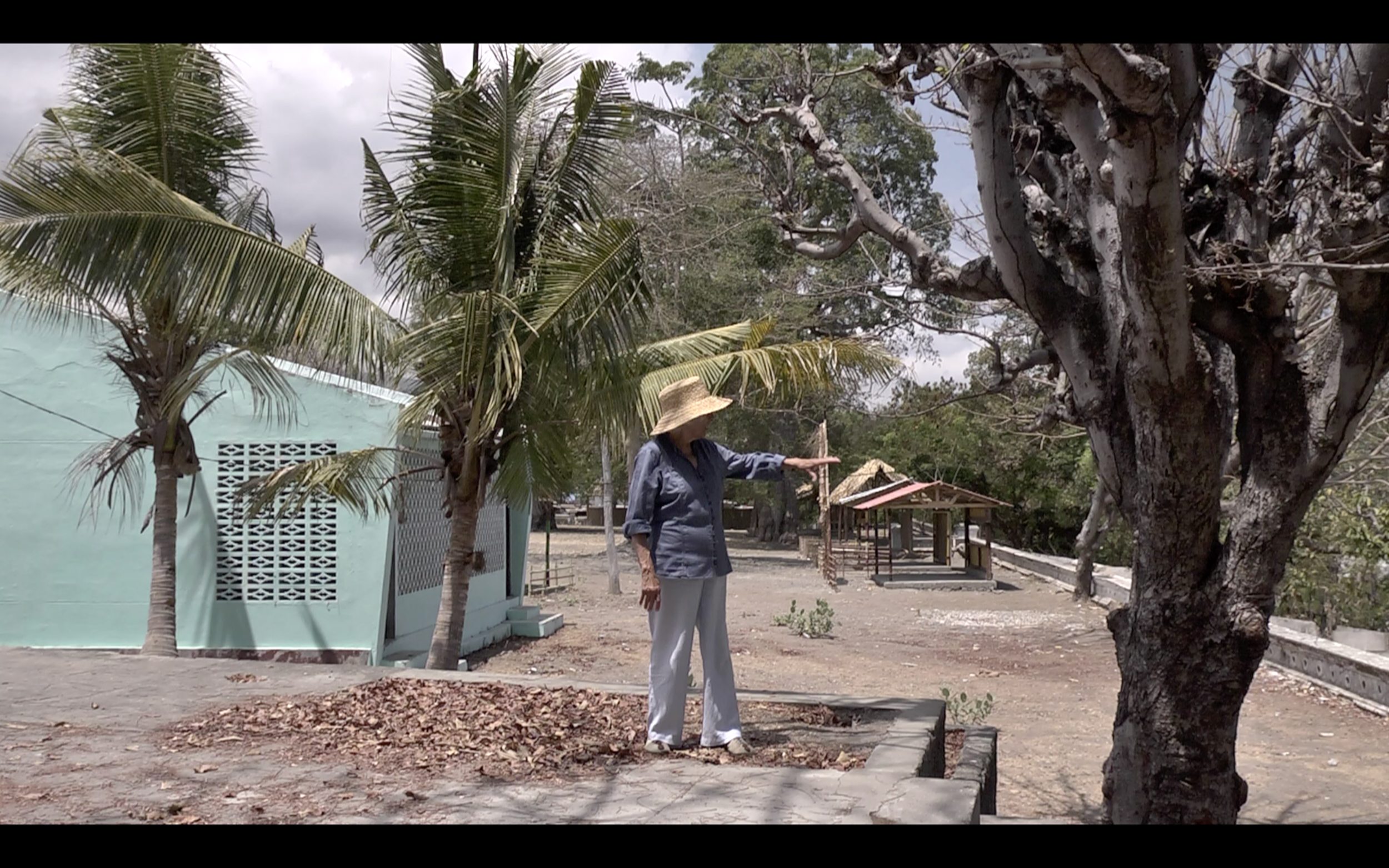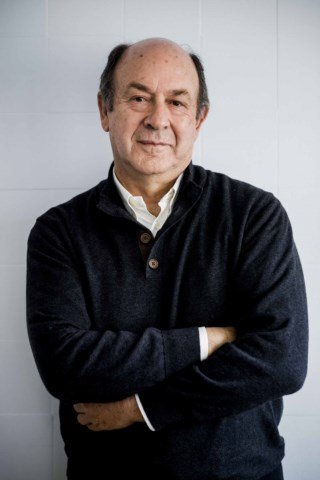Ermera Roses
Mariazinha and João, after seventy years, remember the period when they suffered a dramatic separation: She and her parents were in a Japanese concentration camp during the 2nd World War and he was in Portugal with his brother believing that they were orphans.
Luís Filipe Rocha
documentary / 125’ / 2017
In co-production with RTP (Portugal) and Luz Mágica (Brazil).-
Sophia Awards (PT)
Best Feature DocumentaryAuthors Award (PT)
Best Film NominationCinEuphoria 2018
Best Documentary Nomination -
Caminhos do Cinema Português (PT)
Best Cinematography (João Ribeiro) -
Sophia Awards (PT)
Authors Award (PT)
CinEuphoria 2018
Caminhos do Cinema Português (PT) Indie Lisbon (PT)
Filmes do Homem - Melgaço (PT) Cinema Cycle “25 de Abril. Ever." (PT)
Lusófonia Festival - Cantos na Maré (Galicia)
Cruzamente Cinematográficas (Mozambique)





PRODUCTION CREDITS
〰️
PRODUCTION CREDITS 〰️
DIRECTION
PRODUCTION
João Ribeiro
Antonio Pérez Reina
Jennifer Mendes
Helder Faria
Manuel Camilo
Martim Crawford
Branko Neskov
Manuel Rocha
EXECUTIVE PRODUCTION
WITH
Maria das Dores Afonso dos Santos, João Afonso dos Santos
SCRIPT
PHOTOGRAPHY
EDITING
COLOUR GRADING
PRODUCTION DESIGNER
SOUND
SOUND EDITING
SOUND MIXING
MUSIC
Luís Filipe Rocha
Luís Galvão Teles
João Fonseca
Luís Filipe Rocha
Luís Filipe Rocha
Luís Filipe Rocha, born in 1947, is a Portuguese filmmaker, in line with New Cinema, who explores the techniques of direct cinema. In 1963 he joined the theatre group Cénico de Direito, where he worked as an actor, assistant director, playwright, translator and producer.
In 1974 he began his cinematographic activity as an assistant director and documentary filmmaker, and Barronhos - Quem Teve Medo do Poder Popular? (1976) was his first film. Since then Luís is known for some of his works such as Cinzento e Negro (2015), A Passagem da Noite (2003) and A Outra Margem (2007).


